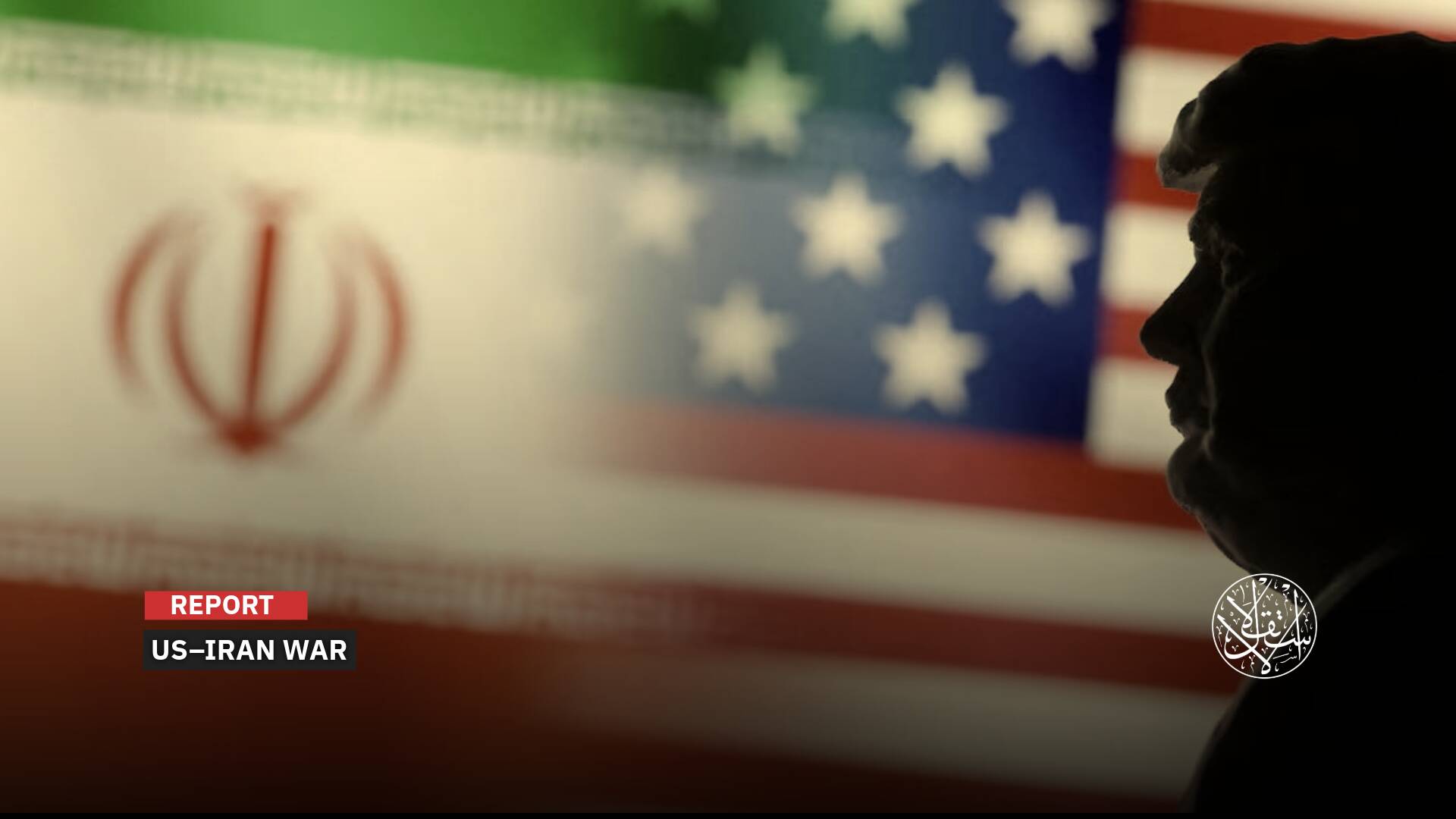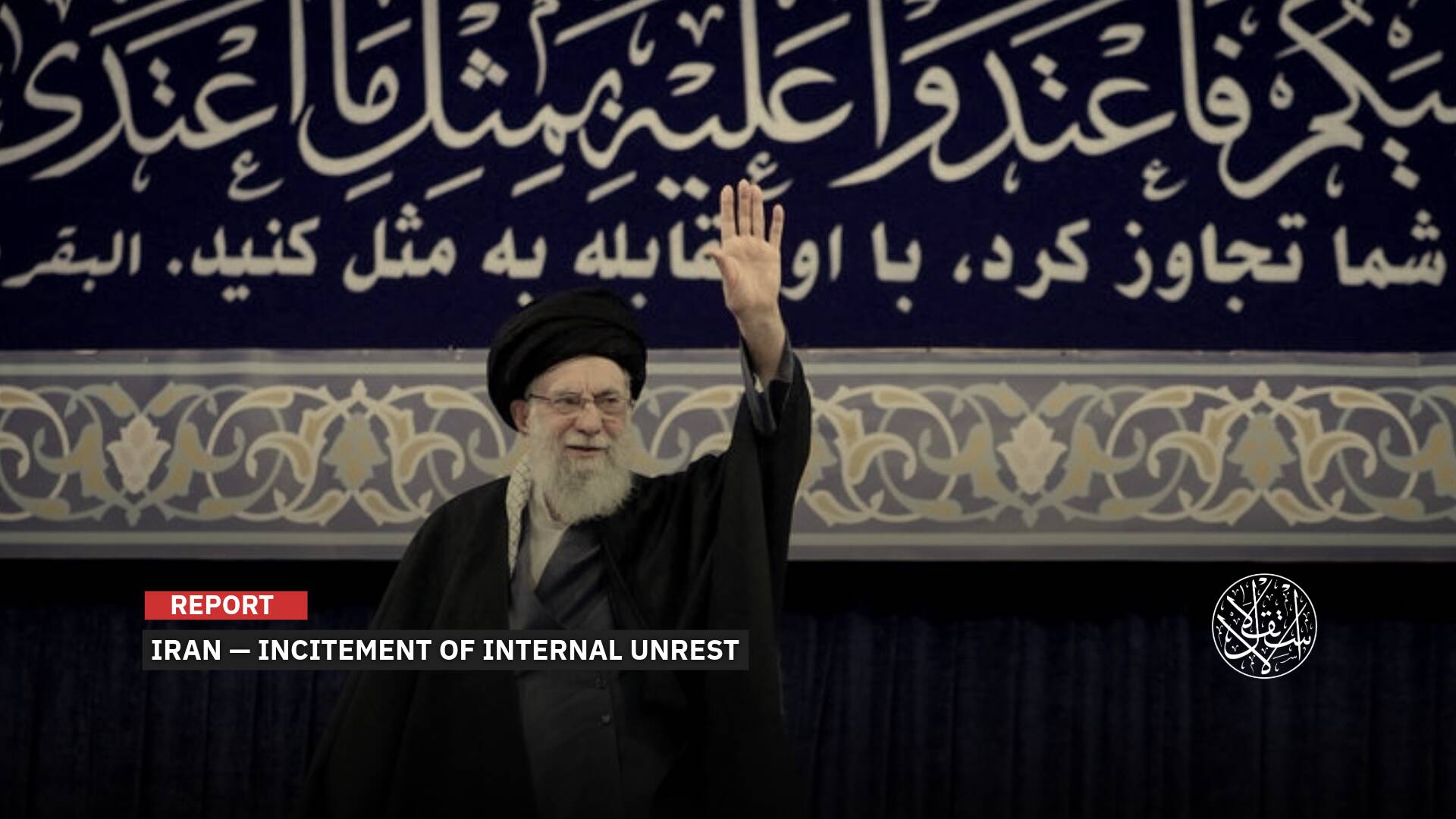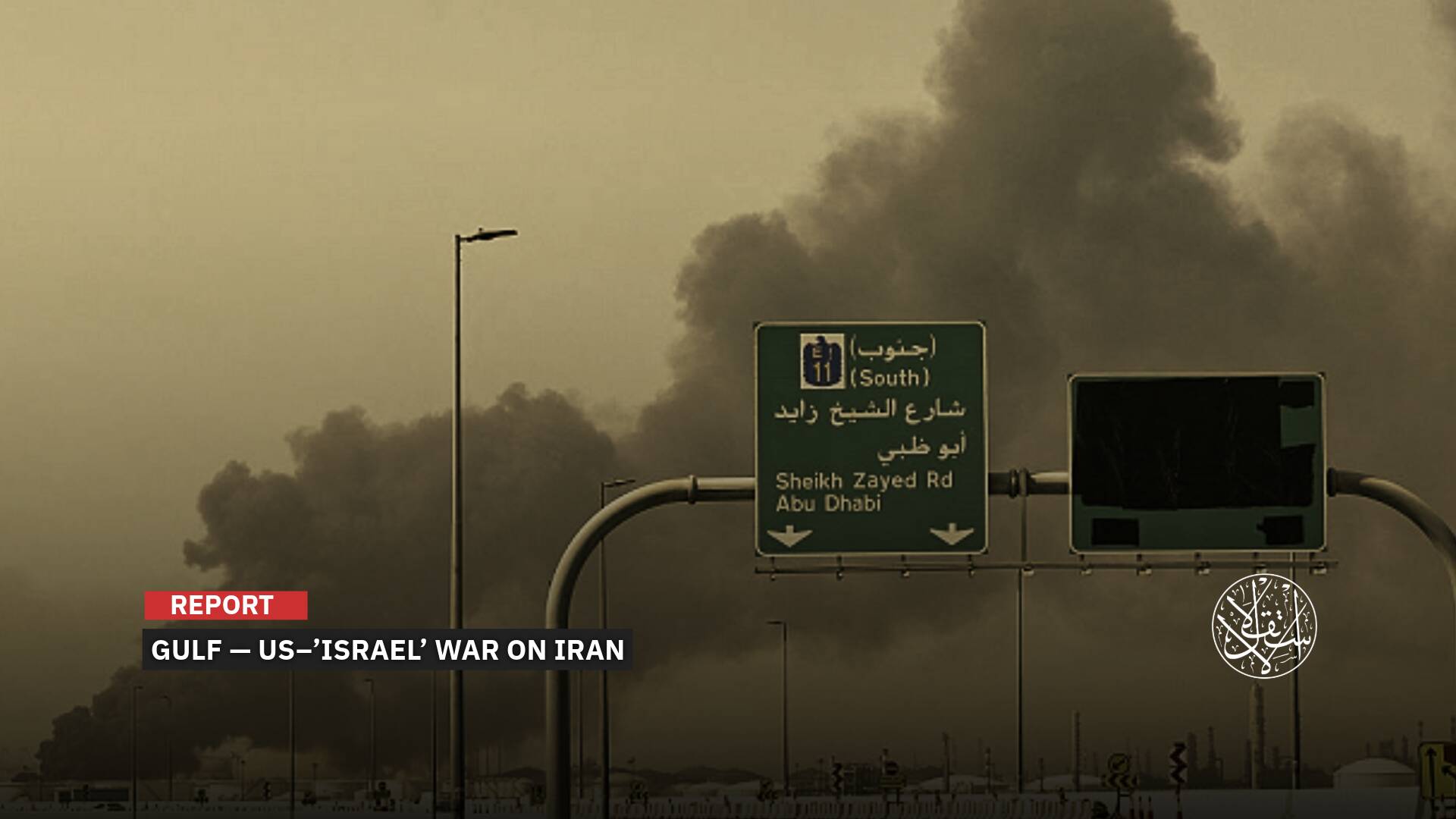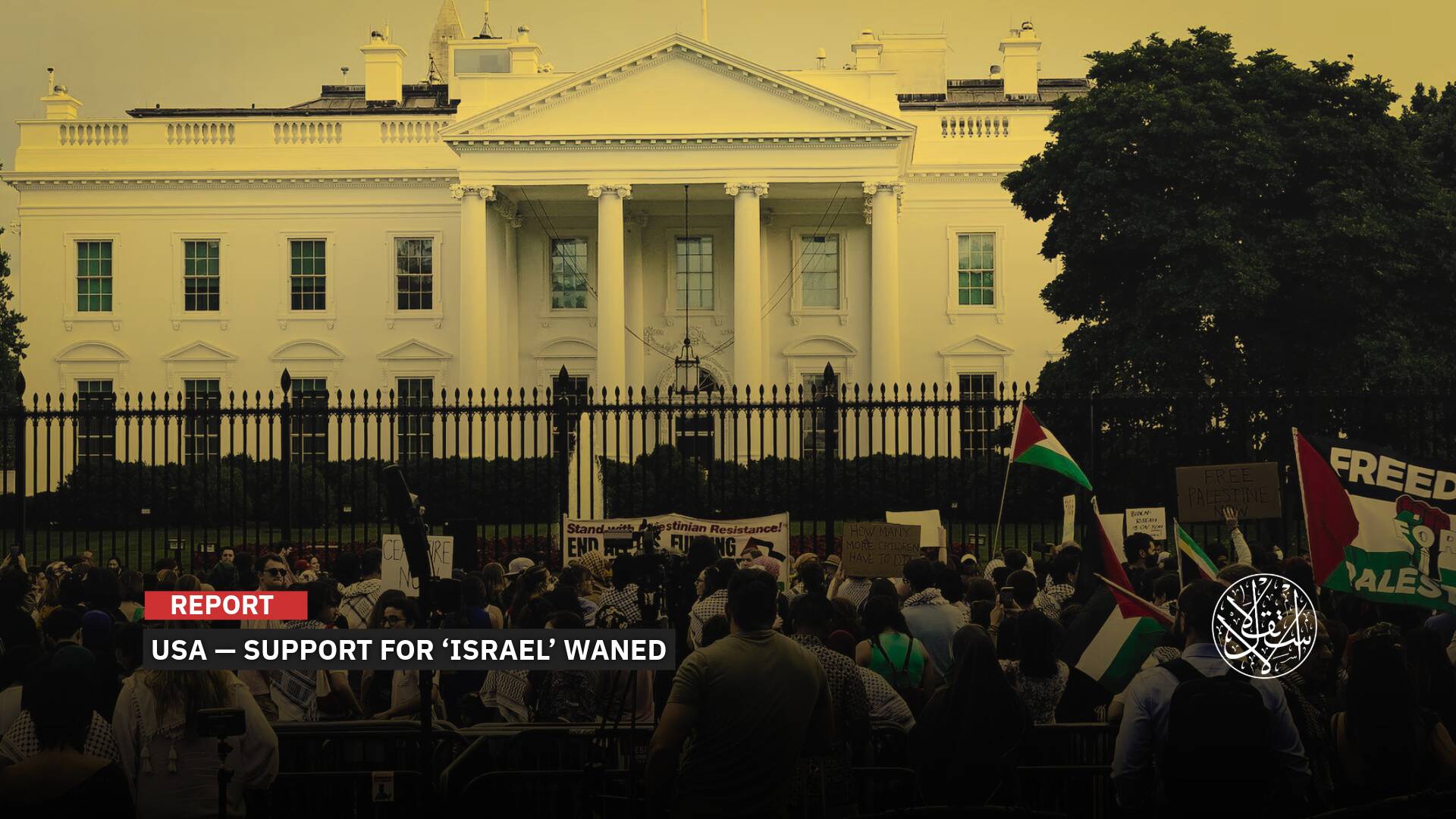RSF Militia Forms Parallel Government Amid Sudanese Conflict

Sudan is facing a new and dangerous turning point, no less critical than the ongoing military conflict.
After five days of deliberations met with widespread government and party opposition, the Rapid Support Forces (RSF) militia and Sudanese political and armed movements signed a political charter in Nairobi, Kenya, to form a parallel government to the authorities in Sudan.
The signatories included Abdul Rahim Dagalo from the RSF militia, Joseph Toka from the Sudan “People's Liberation Movement-North” led by Abdel Aziz al-Hilu, and Hadi Idris from the “Sudan Liberation Movement”- Transitional Council.
Also signing the agreement were the head of the Umma Party, Fadlallah Burma Nasser, and Ibrahim al-Mirghani, a leader of the Democratic Unionist Party.
The political charter outlined that the purpose of forming a unity and peace government was to "end the war, achieve a just peace, deliver humanitarian aid, protect civilians, and maintain Sudan's voluntary unity."
It emphasized the aim of "restoring the path to civilian democratic governance, reinstating constitutional rights for all citizens without discrimination, dismantling multiple military forces to establish a new national army, and restoring the economic and banking systems."
The charter stated that Sudan's governance would be "democratic and pluralistic" and that it would operate under a decentralized system that recognizes the regions' rights to manage their political, economic, and cultural affairs.
This parallel government structure emerged amid the ongoing war since April 2023 and is seen as a challenge to the Sovereign Council, led by Abdel Fattah al-Burhan.
The conference convened in Nairobi from February 20 to 23, 2025, was attended by around 20 political parties and civil society organizations close to RSF militia leader Mohamed Hamdan Dagalo, along with defectors from the "Taqaddum" coalition linked to Sudan's former prime minister, Abdullah Hamdok.
The gathering aimed to prepare for the formation of a parallel body as a counterweight to al-Burhan’s transitional government in Port Sudan, while also attempting to surprise the civil democratic alliance of the "Resilience" revolution forces led by Hamdok.

Parallel Government Formation
The groundwork for the formation of a parallel political entity aligned with the Rapid Support Forces (RSF) militia began when the "Taqaddum" coalition split into two factions over disagreements concerning the establishment of a government in regions controlled by the RSF militias.
In Nairobi, Kenya, on February 10, some members of the coalition, including leaders from Darfur and prominent figures from eastern Sudan, gathered for a conference centered around former Transitional Sovereign Council member Mohamed al-Hassan al-Taishi, who is expected to head the parallel government.
Before this, al-Taishi engaged in negotiations with various Darfur leaders and civil society representatives over the terms of a political charter and a provisional constitution for what they called a "Government of Peace."
The meeting was attended by al Hadi Idris Yahya, leader of the Sudan Liberation Army - Transitional Council, who was also vice president of the "Taqaddum" coalition before its dissolution.
Other attendees included the head of the Sudan Liberation Forces, Al-Tahir Hajar, and former Justice Minister in Hamdok's government, Nasredeen Abdulbari, a future contender for prime minister.
The participation of Abdel Aziz al-Hilu, leader of the Sudan People's Liberation Movement-North, in the parallel government camp drew significant attention due to his considerable influence and military strength, as well as his previous stance of neutrality in the conflict.
During his speech at the conference, al-Hilu stated, "Hemedti has stripped the ruling center in Sudan [meaning the ruling institutions in Khartoum] of all the tools it had used since the country's independence."
"The elite in Khartoum have failed to find solutions to deal with Hemedti, describing him as a foreigner and inciting attacks against him," al-Hilu continued.
Al-Hilu's forces are based in the Kauda region in the Nuba Mountains of South Kordofan, where he has governed independently of the central government in Khartoum since 2011.
Overcoming Hamdok
Over 500 individuals representing the political, societal, civilian, and armed factions participated in the conference, including 50 leaders from tribal administrations in Darfur, Kordofan, and central Sudan, according to Asharq al-Awsat.
The United Civilian Forces Alliance 'Qimam,' the political wing of the Rapid Support Forces (RSF) militia in Sudan, alongside the president of the Umma Party, Fadlallah Barma Nasser, were involved in the arrangements for the parallel government in Nairobi.
Despite widespread opposition from other leaders, particularly those associated with the late Umma Party founder, Sadiq al-Mahdi, Burma Nasser is expected to play a key role in the future government.
The details of this new alliance have not yet been officially announced, and it is likely to occur outside Kenya, where local authorities aim to maintain diplomatic neutrality.
This became apparent after a planned press conference by the RSF militia in Nairobi was abruptly canceled on January 13, 2025, under pressure from the Kenyan government.
This move is seen as a countermeasure against the broad coalition mobilized by former Prime Minister Abdullah Hamdok in the Civilian Democratic Alliance "Sumoud," which is aligned with Sudan's military.
Hamdok also participated in peace talks in Addis Ababa on February 21, organized by Mohamed Ibn Chambas, the African Union’s High-Level Panel chairperson for Sudan, and held several consultations on the sidelines of the African Union summit to address the ongoing war in Sudan.

Kenya Faces Backlash
As the meeting in Nairobi brought together political foes and allies under the auspices of the RSF militia to establish a parallel government, Sudanese leader Abdel Fattah al-Burhan rejected any external solutions, stating his opposition to foreign interference.
The Sudanese government in Port Sudan condemned Kenya’s hosting of the event, accusing it of "encouraging the division of African nations and violating the principles of good neighborliness."
The Ministry of Foreign Affairs stated that "hosting militia leaders and allowing them to carry out public political and propaganda activities, while they continue committing genocidal acts and massacres against civilians, is tantamount to endorsing these atrocities."
Kenya, however, defended its actions, with the Ministry of Foreign Affairs emphasizing that it was not the first time groups from Sudan had turned to neighboring countries to resolve their crises.
Criticism of Kenya also came from within, as President William Ruto faced widespread backlash for hosting the conference.
Former UNCTAD Secretary-General and Kenyan politician Mukhisa Kituyi slammed Ruto’s approach, accusing him of abandoning Kenya’s traditional cautious diplomacy.
Speaking to Agence France-Presse, Kituyi described Ruto’s actions as "reckless," suggesting the Kenyan leader was trying to legitimize a criminal gang, the RSF militia, which he claimed had been "mutilating people" and labeled the move "irresponsible and criminal."
Sudan's Dangerous Crossroads
As the announcement of a parallel government backed by the Rapid Support Forces (RSF) militia draws near, Sudanese politician Omar Khidr warns that the country is at a "new and dangerous crossroads, no less perilous than the ongoing military conflict."
In an interview with Al-Estiklal, Khidr explained that the initiative led by Mohamed al-Hassan al-Taishi under the supervision of Hemedti and supported by several political and military figures loyal to the RSF militia is more than just a political reshuffling.
"It represents a direct threat to Sudan's unity and stability and could be the precursor to a project that divides the country into ethnic and regional cantons, fueled by dubious external interventions," Khidr said.
He further expressed concern over the internal and external implications of the move. "What is particularly troubling about this project is not just its domestic repercussions, but also the foreign hands pushing it forward. Kenya has become a center for politically backing the RSF militia, providing a diplomatic platform for its agenda."
Khidr pointed out Kenya's previous cancellation of an RSF press conference in January 2025 as a sign of its attempts to maintain diplomatic neutrality.
"The continued meetings in Nairobi raise questions about its true role," he added.
On the other hand, Khidr highlighted the UAE's involvement, noting that the Gulf state has been a significant player in financing and arming the RSF militia.
"This raises suspicions about its intentions in Sudan," he said, citing repeated reports of indirect support to Hemedti, both in military supplies and diplomatic cover.
At the same time, “Israel’s” growing support for these moves reflects its desire to ensure influence in Sudan.
"Israel sees in this scenario an opportunity to weaken the Sudanese army, which had previously been less cooperative compared to the RSF militia," Khidr noted.
The political ramifications of this scenario, according to Khidr, are extremely concerning.
"It is essentially dismantling the state into semi-independent entities," he explained, with the western regions falling under RSF militia and their allies, while other areas remain under the control of the army or civilian forces aligned with it.
Khidr compared the situation to the fragmented states of Libya and Syria after prolonged civil wars, warning that the unfolding model in Sudan could replicate those devastating precedents.
The regional implications are equally worrying.
"Sudan's collapse will not only affect the country but also neighboring states, particularly Egypt, Libya, and Chad," Khidr warned.
He pointed out that Egypt depends on Sudan as a strategic barrier to prevent chaos from spreading southward.
He noted that any fragmentation of Sudan would likely trigger mass displacement and security crises that could destabilize Egypt's southern border.
As for Libya, where the RSF militia is actively involved in the conflict, Khidr stressed that Sudan's potential division would further complicate the Libyan crisis, leading to more foreign interventions.
Chad, already facing tensions along its border with Sudan, is also at risk.
"The RSF's growing power could undermine stability in Chad, especially given the tribal links between the two countries," Khidr continued.
Finally, he stressed that the creation of a parallel government is not merely a political development—it is a catastrophic step that will have far-reaching consequences for the entire region.
"Any solution to the Sudanese crisis must prioritize preserving the unity of the state and preventing any attempts at division," Khidr concluded. "Otherwise, the entire region will face an unstable future."












